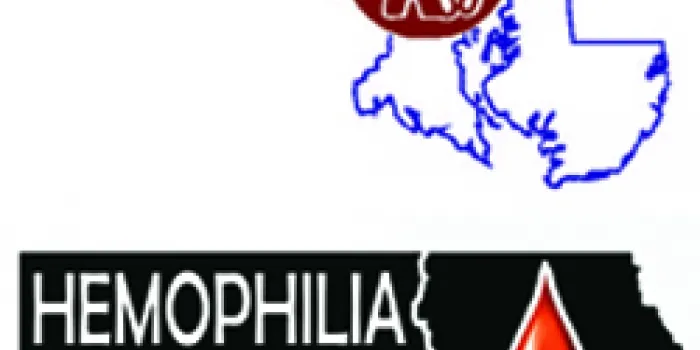The National Hemophilia Foundation (NHF) is pleased to announce that two local organizations have joined NHF as affiliated chapters: Hemophilia Foundation of Maryland (HFM) in Parkville and Hemophilia of Iowa in Cedar Falls.
In 2009, Val D. Bias, NHF CEO, outlined a new vision for how local chapters could become affiliated with NHF. It was presented as part of the Access to Care Today, Achieve a Cure Tomorrow (ACT) initiative, emphasizing that NHF needed a strong network of local chapters to achieve its goals of creating effective programs and encouraging local advocacy efforts.
The ACT initiative allows chapters to join at two levels: as a merged chapter, in which the chapter joins with NHF and falls under its 501(c)(3) Internal Revenue Service nonprofit status, or as an affiliated chapter, in which the chapter retains its independent nonprofit status, but must adhere to specific chapter standards. In return, the chapter has direct access to certain programs, conferences and expertise.
The Hemophilia Foundation of Maryland has rejoined NHF as an affiliated chapter after a five-year absence. HFM was established in 1954 and served as a support group for a small number of parents, says Executive Director Emma Miller. As the chapter grew, it became a member of NHF. In 1996–1997, NHF asked all its member chapters to restructure and strike out on their own, creating their own 501(c)(3) nonprofits. HFM, after a slightly rocky start, flourished with its new independence.
“Although we were no longer officially affiliated with NHF, we continued to participate in some of the chapter events at the annual meetings and regional meetings,” says Harvey Gates Sr., HFM president.
When Bias joined NHF and hired the regional directors to work directly with the chapters, Gates and HFM appreciated the new collaborative approach. “Val Bias is from the grassroots arena, and I thought the changes he implemented made the prospect of rejoining with NHF more appealing,” Gates says.
One of the aspects Gates is particularly interested in is NHF’s state advocacy program. “We believe that the expertise that NHF possesses will help us as we try to implement Standards of Care legislation in Maryland,” he says. “NHF has a lot of legislative expertise and resources we can use to galvanize the Maryland bleeding disorders community to go out and be heard about issues important to us.”
For a smaller, all-volunteer chapter such as Hemophilia of Iowa, joining NHF as an affiliated chapter was an easy decision to make, says President Brian Unruh. The board of directors was made up of many people from the bleeding disorders community with a variety of experience, but running a nonprofit wasn’t one of them. “As we’ve continued to grow, it became clear we could benefit our families better if we could be more efficient, have more resources, and be able to network and share ideas with all the chapters,” he says.
Top on the list of Iowa’s plans for the future is developing a three-year strategic plan, which will outline the goals of the organization and include specific steps on how to achieve them. Iowa received a grant from NHF that will enable it to work with a consultant in conducting a needs assessment survey, soliciting information from Iowa’s consumers, industry representatives and hemophilia treatment center.
Another crucial component of creating the strategic plan is applying NHF’s chapter standards. “The standards were helpful for not only giving us a way to discover what it is that we do well, but also finding out what we didn’t know about our own capabilities,” Unruh says. “Sometimes, without a document like that, it’s hard to discover where you might be lacking—you don’t know what you don’t know.”
Unruh is looking forward to Iowa’s board of directors working with the consultant at its next board retreat in November 2011. “I see a good strategic plan as a living document,” he says. “We can always refer back to it to make sure that our programs are guiding us to where we want to be in the future, for the chapter and for our families in Iowa.”

